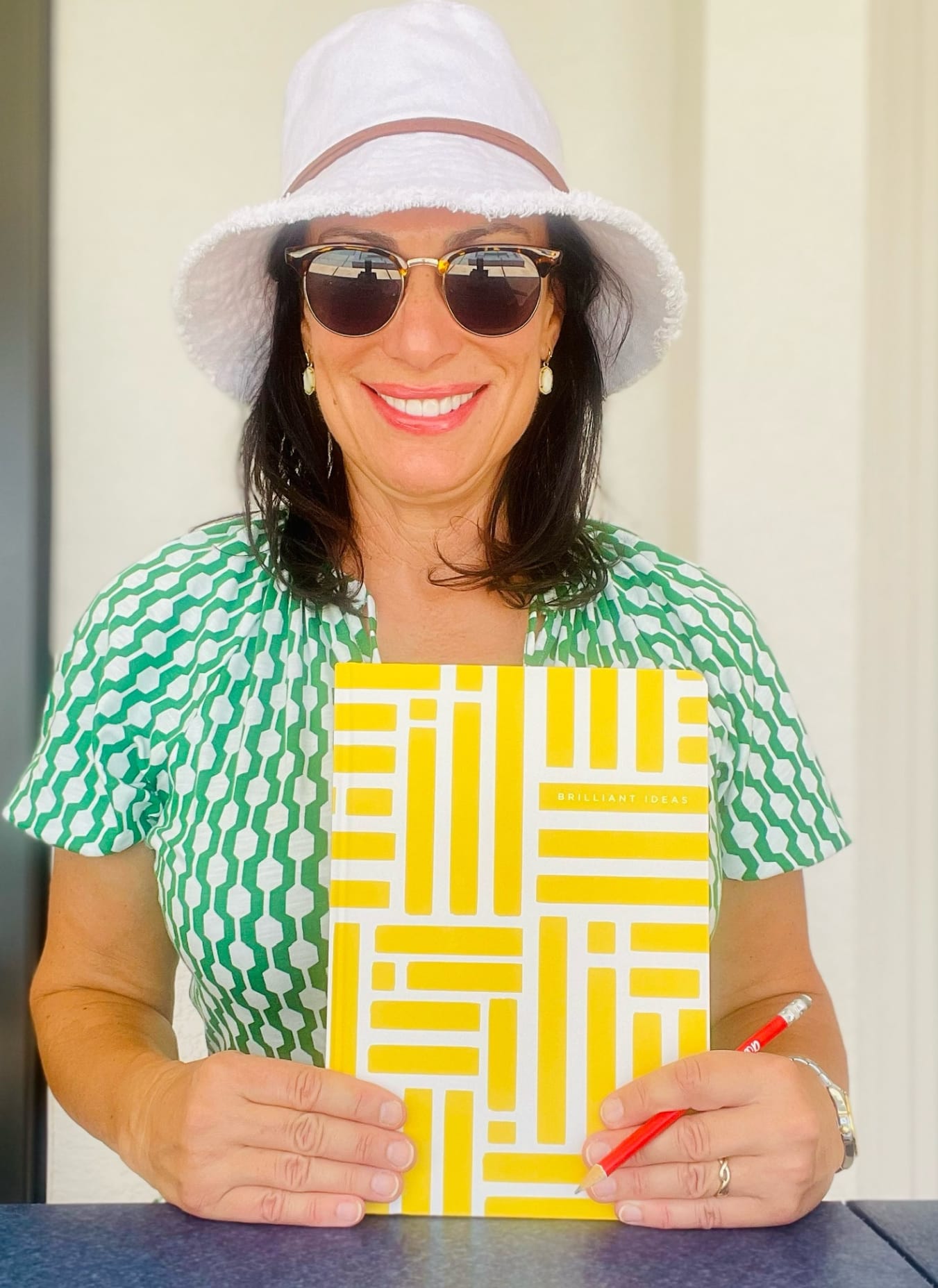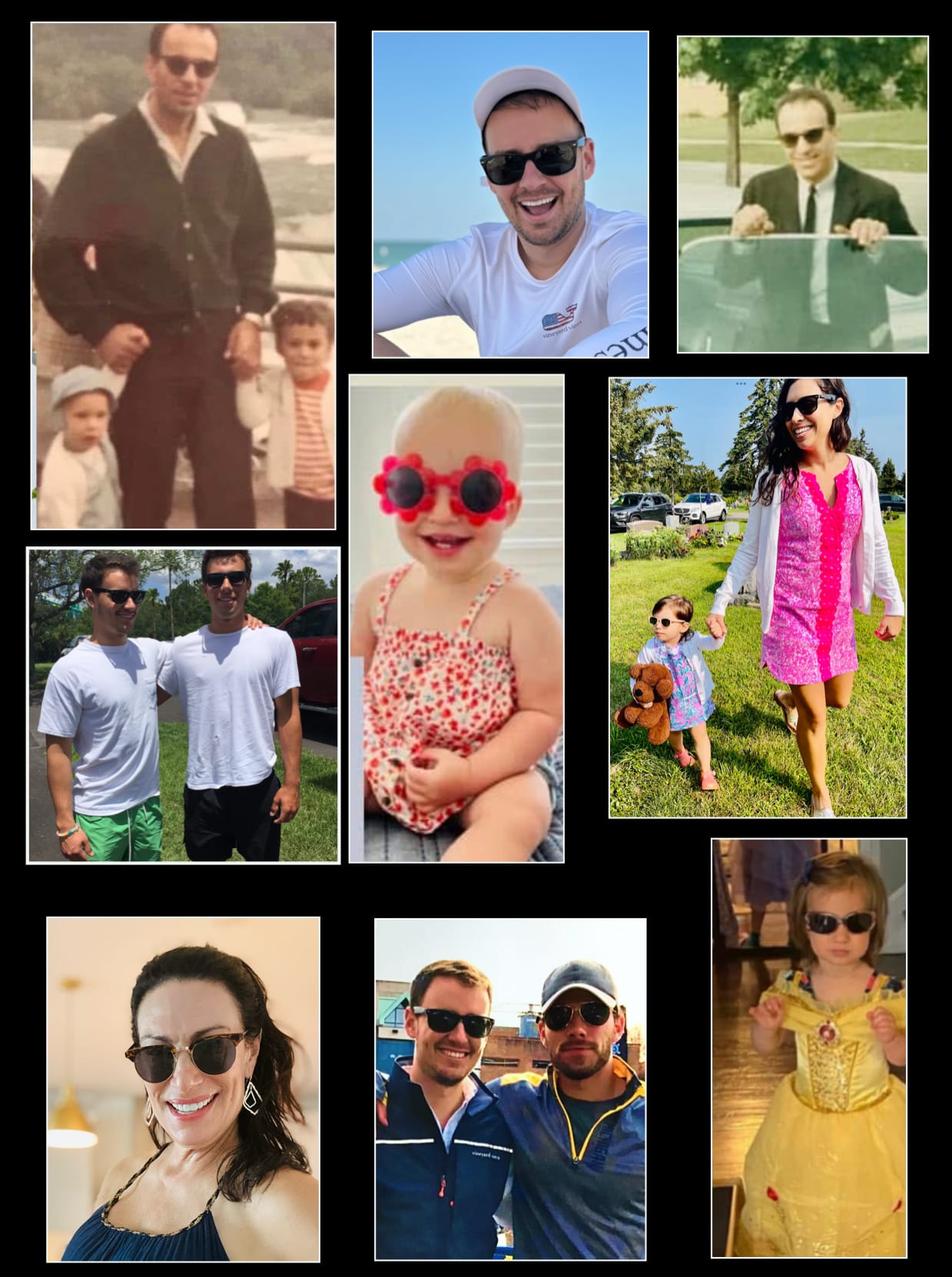Last week, I discussed getting a summer classroom in order. Refer to that and we’ll continue from there. When our kids were at home, my thinking was that we only had so much time with them and I didn’t want to waste any opportunity to make the most of our time together. Summer is a good time to show kids that learning can be fun and take place out of the classroom as well. Here we go once again…

5. Being the Teacher and Parent, have some kind of a plan for summer learning. As mentioned above, a routine is important. All teachers in the classroom usually have to submit lesson plans. Being the summer teacher, your plans will be a little less structured but nonetheless, you need a plan. If you need to deviate from the plan or change the plan, that is absolutely fine, but without a plan it’s hard to get started. Maybe you have plans for sports activities for your children, junior golf, swim lessons, tennis, t-ball, hockey camp, etc. These experiences are so good for a child to be part of a team or develop skills needed to participant in a sporting event. As your children get older, look for sports camps that help your child take their skills to a new level. Do your research and sometimes having your child go with a friend helps being away from you a little easier. Your plan may include sleep a way camp, vacation bible school, or a faith based camp. Prepare your child for sleep away camp, by talking about any uneasiness they might have and sending them with a friend. All of these activities and camps would be a little break from your set out summer routine.

6. Setting goals for the summer. Maybe it’s that your child will read a book a week, as part of the local library reading program or YOUR special reading program. If your children reach their goals, have a reward for them that is a good ‘carrot’ but do not over do it so you have to top it next summer. Maybe it’s that your kids will learn how to swim or if they already know how, maybe they increase their times if they are on a swim team or maybe to take junior lifesaving or life saving so that they could work towards life guarding as a summer job if that is of interest to them. Setting goals is a good skill to learn early on.

7. Come up with some topics that you and your children would be interested in. Subject or topics for example could be each week, take a country to learn about. Go over the geography, what continent the country is on, language, foods, industry, natural resources and what the country is known for. Do a search of Your Tube videos and see if you can find a movie that takes place in that country. Your kids could do a ‘lecture’ for you and other family members of what they learned. Another subject to explore is Music. Study the different types of music, composers and examples of each and learn about different composers. If your kids play a sport or activity, learn the history of that activity and all the ins and outs about it. For example, if your kids play tennis, LEARN the history of the sport, like what are the big events of tennis? The Grand Slams, how many there are, where they are played and something about the best players of the game. The same could be done for Chess.
8. Make some books on subjects you have covered over the summer. Walgreens and other places that offer photo printing, produce books. Search for coupons. Get creative with photos and design. Another project you could make with your kids is Calendars for family Christmas gifts for grandparents. Again, at Walgreens, Sam’s, or other outlets and coupons are available for these as well. Your kids could do artwork for each month, put together a photo collage of family members, or a combination of both.
9. Teach your kids finances. What is a savings account, a bank account, a checking account, an IRA, how to do online banking, writing a check, age appropriate vocabulary-a six year old won’t know what an IRA is, it doesn’t fit into their life. Keep track of spending and teach your kids how they can save money, turning off the lights, being good stewards of finances. I wrote a recent Teaching Tuesday on this subject.
- Work on etiquette and manners. Enough said on this. You know what to do here.
- Get your kids away from technology. Time spent talking to friends, hanging out with family or day dreaming is all good for a child. Let them see that there is a life away from tech and it can be fun to be checked out of social media.
You now have a place to start with some ideas and you probably had some of your own already. Get yourself a notebook and get planning. One the creative juices start flowing one thing leads to another and before you know it, you’ll have a whole summer of GREAT DAYS planned. Feel free to message me with any questions.







